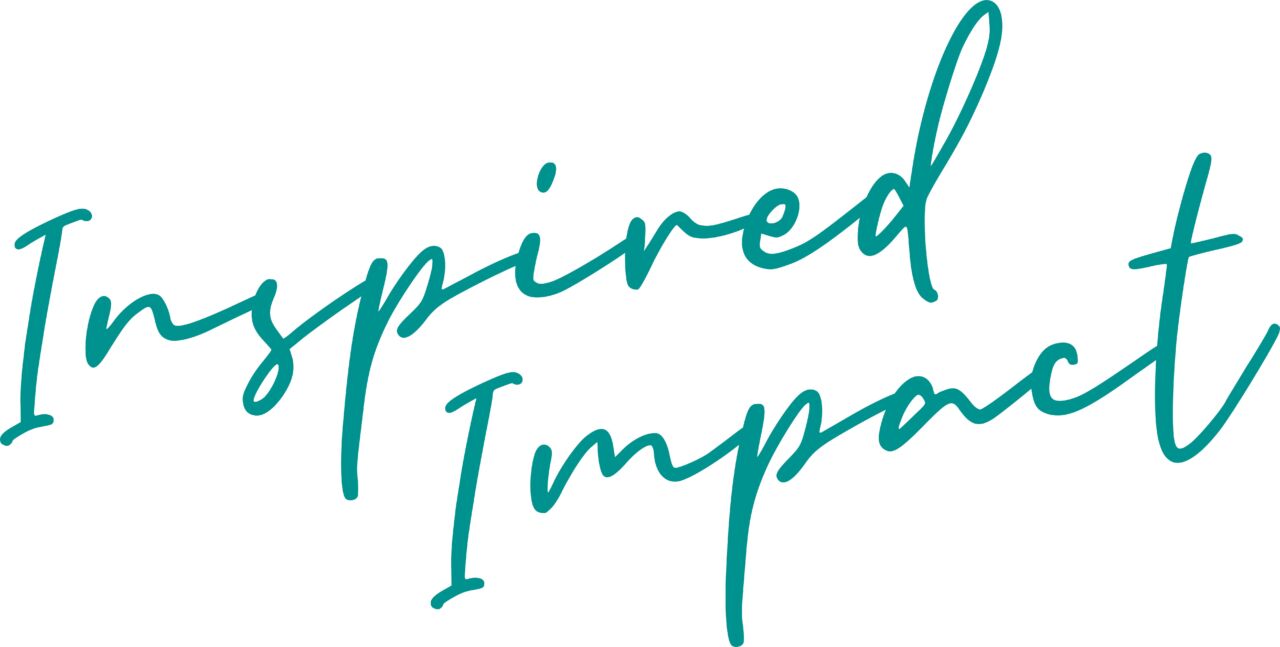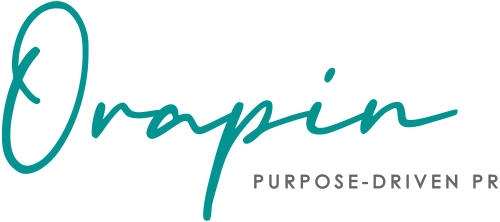
Interviews with purpose-driven leaders who are dedicated to helping others and making a positive impact in the world.
December 7, 2023
Liesl Perez | Axis Integrated Mental Health
TELL US, WHO ARE YOU AND WHAT DO YOU DO?
My name is Liesl Perez and I am the chief marketing officer and co-founder of Axis Integrated Mental Health. Our mission is to help as many people as possible get quality, affordable, and cutting-edge mental health treatment here in Colorado. We do that by simplifying fragmented mental health care, combining medication management, psychotherapy, and cutting-edge treatments like ketamine and TMS (transcranial magnetic therapy) under one roof and one collaborative care team. This makes it easier for individuals to manage their insurance, find providers, and communicate across different disciplines so people can go beyond just antidepressants to get the help they need.
HOW DID YOU GET HERE?
I’m retired now after spending 20-plus years in corporate marketing. When my daughter was fairly young, she was diagnosed with ADHD and anxiety. When trying to get my daughter the help that she needs, I found that the whole system was just so convoluted and weird, I figured there’s got to be a better way than just going to a pediatrician. Pediatricians are great for your normal run-of-the-mill medical problems, but they’re not specialists in mental health. Seventy-nine percent of the antidepressants prescribed in the United States are prescribed by primary care physicians. That’s not to knock them, because I think some mental health support is better than no mental health support. Yet the reality of the issue is that they don’t necessarily know what the best treatments are because they depend on their knowledge from whenever they graduated from medical school.
There’s been so much new research that’s come out and people aren’t always getting the best care they could be. Recent studies, including the STAR*D trial, show that antidepressants only actually work in 38% of the people who take them. It’s a fairly low success rate. People are trying to get help for their mental health issues, and they’re not finding the help that they need. But beyond meds, I think things like psychotherapy, social prescribing, and the other treatments that we offer here make a difference in terms of people having long-term sustainable mental health recovery, as opposed to just feeling better while you’re taking medications.
Running a mental health clinic is as much about running a business as it is about providing good quality medical care. My husband and I were able to do this together because he has a medical background, and I have a business background. We’ve come together to really create this amazing place for healing. We’ve treated more than 1,000 patients now, and 99% of our patients are covered by insurance, including Medicaid. So they’re getting access to care, like Spravato, which is nasal esketamine. They’re getting access to TMS and these better treatments for depression than they would have if they had just gone to a normal primary care physician.
WHAT DO YOU STAND FOR? WHY IS THIS WORK IMPORTANT TO YOU?
I stand for destigmatizing mental health care across the board. I myself have suffered from depression and anxiety. I’m someone who’d never taken an antidepressant until about three years ago when I had a complete and utter mental health crisis and nervous breakdown. I realized that so much of my resistance to actually getting help for myself had to do with the stigma that came with it. To some degree, we normalize toxic work cultures. I remember thinking to myself I would never cry at work. But why is that a badge of honor? Why are we saying that you can’t be human? We’re dealing with the existential threat of COVID, and we’re watching our children suffer, and we can’t cry at work. This is kind of a ridiculous statement at the end of the day, but that’s part of toxic work culture. That has definitely contributed to my own mental health issues.
The only way we’re all going to heal is if we enable people to get the help they need. It’s not just about having the providers available. A lot of times patients have been depressed for so long that they no longer have social networks that can pick them up from a mental health appointment. If you’re someone who’s self-isolated for so long that you don’t even have that, we can provide Lyft rides so patients can continue to get help. We give them social therapeutic assignments, like free tickets to go to the botanical garden with a friend, and that gets people back into connectedness with their networks. There’s more than just feeling better, there’s also having a place to feel better and a community to do it with. It can start with meds, but there’s much more that we’re doing.
WHAT IMPACT ARE YOU MAKING?
I’m a professionally trained marketer. In the past, impact would always be about revenue. Now the stakes are different because what I care about is different. It’s finding as many people as possible to help, how many new people are coming to us to get help, or seeing a patient on their first day, and then seeing the difference six weeks later. They thank us and invite us to their big family moments, they write us reviews, and they nominate us for awards. When I see people make those changes in their lives, and they tell me they got a job, or are no longer depressed, or their kids tell them that they can talk to them again, those are the kinds of things that I kind of collect for myself. You can’t really quantify them per se. Healing one person isn’t just about that person, it’s also about all the people who love that person, and are now not using their energy to try to just keep that person alive. They can use that energy to take care of other people who need help. So it’s not really quantifiable in terms of logical numbers, but I can feel it.
WHAT (OR WHO) INSPIRES YOU TO DO THIS WORK?
My number one heroes are our patients. I think that people stigmatize mental health care because they don’t realize how brave someone has to be to want to keep fighting these terrifying feelings every single day. Our patients are my heroes, because they come in every day, and they do the work even though it’s hard, even when they don’t want to, even when they would rather stay in bed, even though they’ve been hurt so badly in the past. They trust us. Someone from my previous corporate life asked me, are you overworked right now? And I said, if someone told you that you being at work today could mean someone else is not going to kill themselves and be alive, what’s too much work? How would you even quantify that? That inspires me. In a very short amount of time, I have seen complete transformations in people. It’s so rewarding. I don’t think many people are in the privileged position to do that. Knowing that this is something that I get to do makes it easy for me to go to work every single day.
WHAT’S YOUR VISION, YOUR BIG DREAM FOR THE IMPACT YOU WANT TO MAKE?
I have a couple of big dreams. One big dream is to improve mental health care in Colorado. To put this in perspective, we are number 43 out of 50 states in terms of access to care and for the occurrence of mental illness. It’s unacceptable to me. I’m a person of color and so is my husband. It’s even more stigmatized to get mental health care in communities of color. So it’s extremely important to me to improve mental health care in Colorado, but also increase access and destigmatize in communities of color because they’re the ones who are suffering the most. There’s so much racial trauma that has happened over the last few years and people aren’t getting help for that. My big dream is that we’re healing communities of color and we’re healing communities in general.
My other big dream is more specific. My husband recently did a presentation for the Behavioral Health Administration explaining why TMS needs to be covered by Medicaid if we are to be offering diverse care. This matters because there are a lot of mental health treatments out there, and a lot of them require medications, drugs, or nasal routes. For communities of color, when someone takes medications or drugs, it’s so much more stigmatized with a higher risk. There is an alternative treatment that we offer called TMS that only uses magnets. It’s a six-week program, five days a week, 30 minutes a day. The last three patients we’ve treated with TMS are no longer on antidepressants. It’s highly, highly effective, with no drugs involved whatsoever. Eighteen states cover TMS through Medicaid, but Colorado does not. We’re actively advocating for the Colorado Behavioral Health Administration to cover this treatment for communities of color since they claim that they want to increase diversity and accessibility to mental health. My clinic has funded $100,000 worth of free TMS treatments for Medicaid patients. We’re trying to bridge that gap and we’re trying to get other people to do this as well. It’s really important that communities of color have access to more treatments.
WHAT CHALLENGES ARE YOU FACING?
Definitely the stigmatization of mental health and people’s views of it as being a personal flaw as opposed to a medical issue. Insurance is one of the biggest things that keeps people from getting care. It’s exorbitantly expensive, and unless you know how to navigate these systems, it can be really hard for people to afford quality health care. To put it in perspective, Spravato, which is the nasal esketamine, is produced by a Johnson & Johnson division called Janssen Pharmaceuticals. It’s $1,200 per treatment, so it takes 32 steps for us to prior authorize someone. But we do it because it’s absolutely worth it. More clinics don’t administer Spravato, because it’s such a pain. But Spravato has a savings card program, which makes the treatment only $10 a visit for the patient; Spravato will pay $1,190 for the rest of the treatment, up to $8,000 a year towards the deductible. That’s what I mean by making this accessible to people. I want more people to know that this is not only affordable but actually beneficial. For commercially insured patients, this is this is a really good deal. This information is on our website under patient resources.
People think mental illness is their fault. There’s a video on our Facebook page from one of our patients, and she says what every one of our patients says, that if I knew why I was depressed, I would be doing something about it. So many people feel guilty because they think it’s their fault that their kids or spouses are depressed. It’s not their fault. If your child or spouse had diabetes, would you be debating whether or not to give them insulin? You wouldn’t wonder whether to get treatment and then there wouldn’t be a whole moral panic. That’s what stands in our way people believing these absolutely false narratives about what mental illness is and how to solve it.
WHAT’S ONE THING YOU WANT PEOPLE TO KNOW ABOUT YOUR CAUSE AND/OR THE WORK YOU’RE DOING?
I think I would say, don’t wait to be happy. Get help today. A lot of people think, when I get a job I’ll be happy. Or when the holidays are over I’ll be happy. Or when something magical happens I’ll be happy. You can be as wealthy as Michael Jackson, as beautiful as Whitney Houston, as talented as Amy Winehouse, and still end up in the same place they did. There are people who are there to help you. I love nothing more than when someone calls me or listens to me and says, I need help. Can you help me? You don’t have to come to our clinic, I help people from other states get help as well. I just think that it’s so worthwhile because there are so many people who love that person and want them to be well.
DO YOU HAVE A FAVORITE QUOTE OR WORDS OF INSPIRATION TO SHARE?
I have a quote that I send to patients a lot, by Cynthia Occelli: “For a seed to achieve its greatest expression, it must come completely undone. The shell cracks, its insides come out, and everything changes. To someone who doesn’t understand growth, it would look like complete destruction.” So don’t be afraid to crack because that’s the only way you grow.
HOW CAN OTHERS SUPPORT YOU OR YOUR CAUSE?
Make an appointment. It starts with you. When you get better, everyone around you gets inspired. So make an appointment and get help for yourself. It doesn’t matter if it’s with us or if it’s with someone else. Just get help. That’s the best way to support our cause.
At Orapin, we believe those who are working for the greater good should be known, supported, and celebrated. We help purpose-driven organizations transform their random acts of PR into a strategic, consistent approach that generates greater awareness and impact. If would like to be featured in INSPIRED IMPACT™, reach out to hello@orapin.co.


